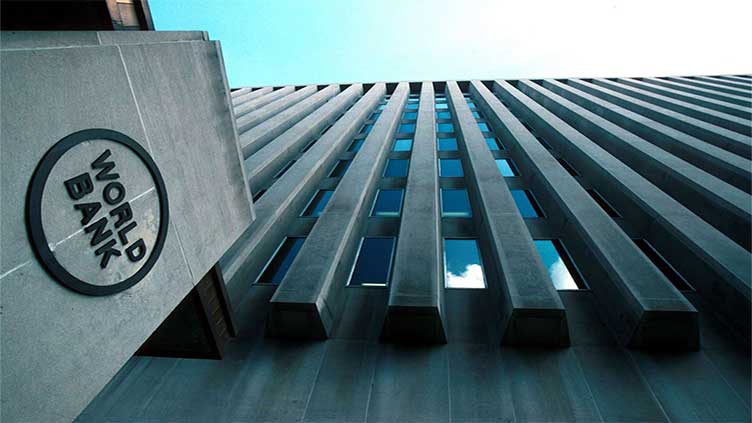World Bank paints bleak picture of Pakistan economy amid political unrest

Pakistan
The bank said “as inflationary pressure eases, growth is expected to pick up to 2.4pc in FY25.”
ISLAMABAD (Dunya News) – The World Bank (WB) has said that political unrest in Pakistan is a cause for low growth rate in current fiscal year and projected a slightly better economic outlook in the coming year.
The World Bank, in its latest publication “Global Economic Prospects — January 2024” released on Wednesday, said: “In Pakistan, the economic outlook for FY24 remains subdued, with growth projected at only 1.7pc. Monetary policy is expected to remain tight to contain inflation, while fiscal policy is also set to be contractionary, reflecting pressures from high debt-service payments.
However, the bank said “as inflationary pressure eases, growth is expected to pick up to 2.4pc in FY25.”
Mentioning the continuous slow growth globally, the report described the current decade as a “wasted opportunity” and the outlook as “dark” beyond the next two years.
“Global growth is projected to slow for the third year in a row — from 2.6pc last year to 2.4pc in 2024, almost three-quarters of a percentage point below the average of the 2010s,” the report said adding that “developing economies estimated to grow just 3.9pc, more than one percentage point below the average of the previous decade.”
The WB said the economic output in Pakistan contracted an estimated 0.2pc in FY23 as a result of the effects of damage from the 2022 floods and increased political uncertainty. “Consumer price inflation remained elevated, partly reflecting currency depreciation in early 2023. However, by late 2023, the rupee showed signs of stabilisation, driven by a variety of factors. These included increased liquidity in the foreign exchange market due to tighter enforcement of regulations, a shrinking money supply, a balance-of-payments surplus on account of low import demand, and a moratorium on Chinese debt repayments.”
The report noted that as poorer households spend more on food, rising prices would disproportionately affect the poor and the vulnerable, increasing poverty and inequality. “The risk is particularly high in countries with limited fiscal buffers to mitigate adverse effects, including Nepal and Pakistan, and in countries under major security threats, including Afghanistan. In addition, an increase in food insecurity could be exacerbated by the escalation of the ongoing conflict in the Middle East.”
About the South Asia Region, the report expected the growth to edge marginally lower at 5.6pc in 2024 from an estimated 5.7pc last year — still the fastest pace among all emerging market and developing economy (EMDE) regions — and then firm to 5.9pc in 2025.
Growth in India is projected to remain strong, largely driven by robust investment and services. In other economies, the adverse effects of persistently high inflation and monetary and fiscal policy tightening, as well as policy uncertainty, will weigh on growth. Risks to the outlook are tilted to the downside, with the most pressing concerns being higher energy and food prices caused by the ongoing conflict in the Middle East and adverse spillovers from elevated policy rates in advanced economies. Risks of financial and fiscal stress, extreme weather events, slowing activity in China, and election-related uncertainty in some countries pose further downside risks for the region.
In several South Asian economies — Bangladesh, Bhutan, India, Maldives, and Pakistan — parliamentary elections are scheduled or planned in 2024. The heightened uncertainty around these elections could dampen activity in the private sector, including foreign investment.
“If combined with political or social unrest and elevated violence, this could further disrupt and weaken economic growth”, it said. In addition, particularly in countries with weak fiscal positions, an increase in spending before these elections could exacerbate macro-fiscal vulnerabilities. However, the implementation of policies to reduce uncertainty and strengthen growth potential after elections could lead to an improvement in prospects.


